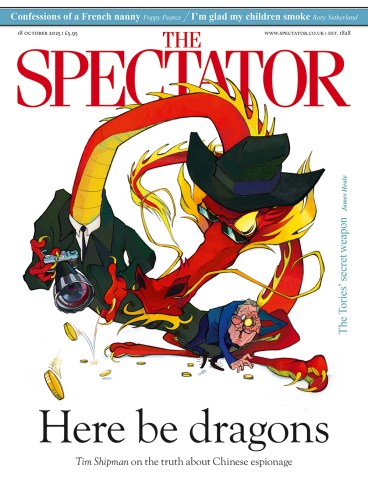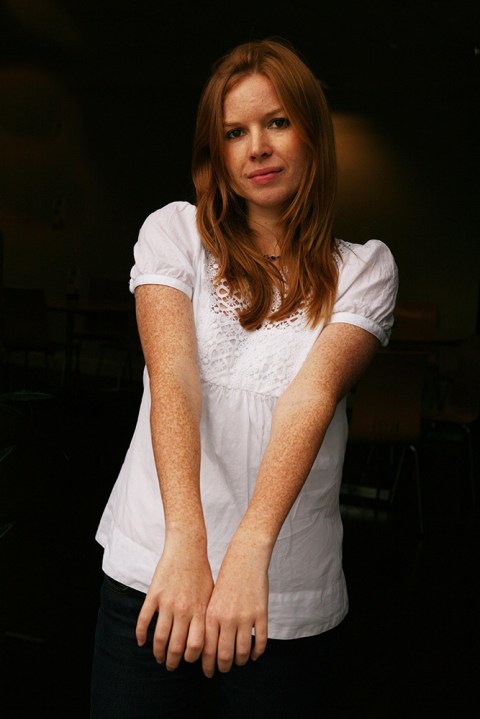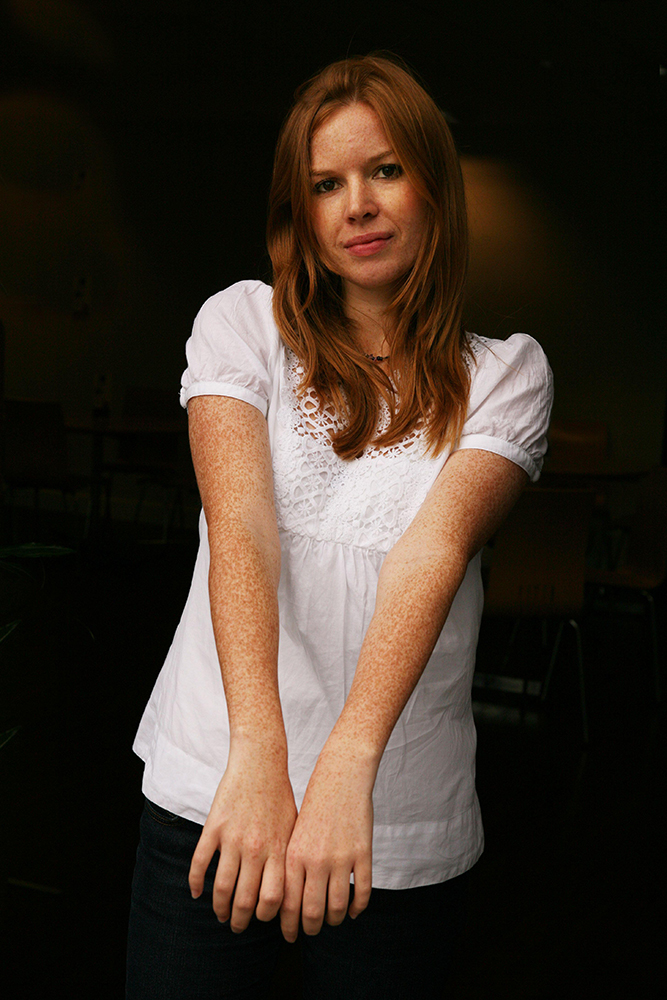
Esther Walker, an established journalist and writer of non-fiction, opens her debut novel in the business world but segues into the concerns of balancing children and career. It’s a page-turner, silly yet serious; and, as with many good comedies, the humour comes from pain.
Mairéad Alexander is a childless 44-year-old social media exec in London, caught in the hamster wheel of corporate work, hair bleaching and ‘buzzkill’ bad dates, when her life is tripped up by the unexpected arrival of Sunny, her 11-year-old niece. When we meet Mairéad she has recently sold her social media business for a packet and is now a consultant for the company that bought it. She finds herself working alongside poisonous colleagues with saccharine overtones and enduring the Gen-Z fashion police. The reality of her job, she admits, is ‘managing people and trying to make sure they don’t sue you’. Walker takes a nice swipe at the hyperbole of marketing spiel.
Mairéad considers leaving Sunny in Helen’s quasi-commune but the smell of weed and frying fish gives her pause
Despite her name, Mairéad is not Irish. Neither is her hippie ‘career activist’ mother, Helen, who named another daughter Dolours (‘after Dolours Price’ of IRA notoriety). But when Dolours is hospitalised, there is no one to care for her daughter Sunny. Helen prioritises her foreign lodgers over her family and says things like ‘the Polish are a marvellous, stoic people’ while blithely admitting she has been ‘a terrible mother’. Mairéad considers leaving Sunny in Helen’s quasi-commune, but the smell of weed and frying fish gives her pause.
What spirals from here is not a romantic comedy but more of a domestic comedy (dom-com?). Sunny is odd, bright, a bit smelly and likes to hug goats; but once Mairéad lets the girl into her life, will she find giving her back as difficult as ‘trying to get milk out of tea’?
Walker explores the gritty side of mothering: navigating babysitters, the fear of losing a grip on one’s career, even one’s sanity. As one child psychologist says drily: ‘I blame laundry powder commercials for fostering this delusion that family life is lovely.’ Cass, the kookie best friend who is missing a hand due to a childhood accident, says bluntly: ‘I’m not supposed to say this, but a life with no children in it is no life at all… it’s not about being happy, it’s about having meaning.’ Cass gives Voltaire a spin, advising: ‘Il faut cultiver notre jardin… be at peace with the world as it is, not how you want it to be.’
So can Mairéad have it all? Walker does not give in to easy resolutions. The novel takes unexpected dips into loneliness, the dangers of middle-class mandragora (red wine) and disappointing dates on Hinge (which Mairéad finds full of the ‘same old perverts and dog stranglers’) before it surprises us with some silver linings.
Walker makes you root for Mairéad and Sunny, so if there’s a sequel let’s hope it’ll be called Well, This Is Awesome.








Comments